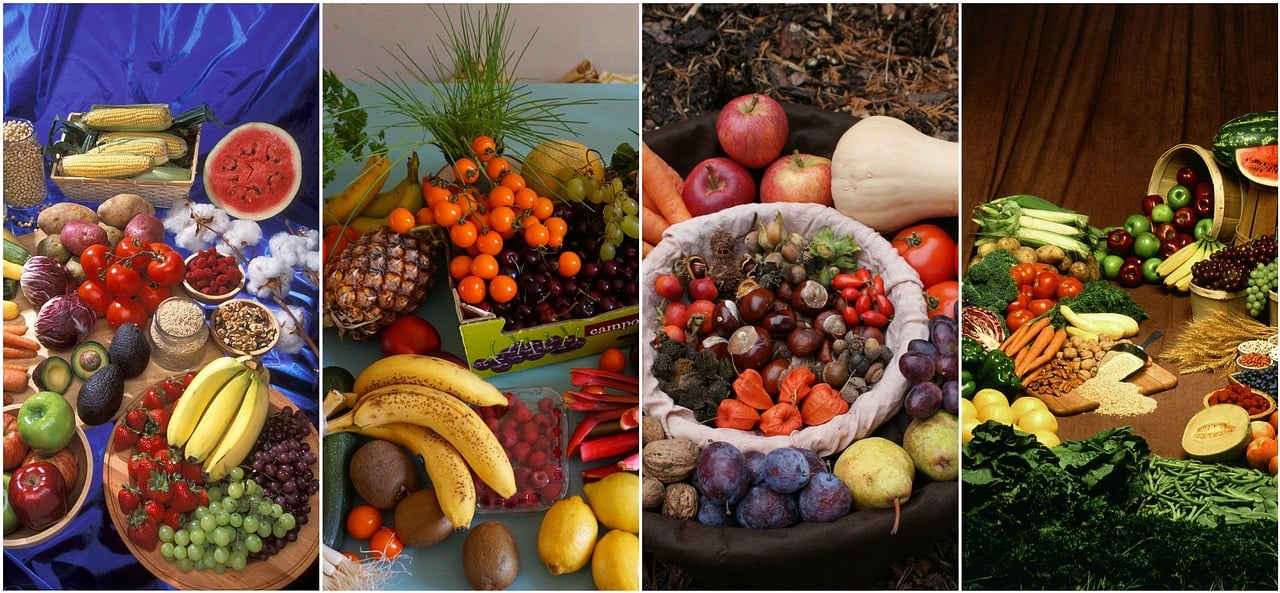I’m going to navigate you through the concept of a plant-based lifestyle. It’s more than just a dietary choice; it embodies a philosophy that intertwines health, ethics, and environmental stewardship. At its heart, a plant-based lifestyle emphasizes whole foods derived from plants, including fruits, vegetables, grains, nuts, and seeds, while minimizing or excluding animal products.
You’re going to find out about the multitude of health benefits associated with a plant-based diet. It’s not only packed with essential nutrients but also known to reduce the risk of major chronic illnesses including cancer, heart disease, and diabetes. This isn’t just about anecdotal evidence; numerous scientific studies back these claims, highlighting the diet’s role in improving health markers and even reversing certain diseases.
Choosing something that resonates with you could also mean aligning with an ethical stance against the inhumane treatment of animals. A plant-based diet lessens the demand for meat, which in turn decreases support for factory farms and slaughterhouses where animals often endure significant suffering.
And what about the planet? Well, there’s a lot of opportunity in exploring how a plant-based diet can be a form of environmental activism. By requiring less land and water resources compared to raising livestock, and reducing the harmful animal waste runoff, it’s a sustainable option for the planet. This approach can contribute significantly to preserving our natural resources.
In my opinion, adopting a plant-based lifestyle can be one of the most comprehensive acts of self-care and global responsibility. It simultaneously honors our own bodies, animal lives, and the earth we inhabit. And remember, you can always adjust your approach down the road; it doesn’t have to be an all-or-nothing decision. Start with mindful choices and increase your plant-based consumption as you go.
The Plant-Based Edge: Athletic Excellence and Natural Medicine
I’m going to show you that there’s a lot of opportunity in adopting a plant-based lifestyle, not just for those who are looking for health benefits, but also for athletes seeking a competitive edge. You’re going to find out about the remarkable transformation athletes experience by incorporating more plant power into their regimen.
Now, you might be wondering how exactly a diet rich in fruits, vegetables, grains, and legumes can elevate an athlete’s performance. According to emerging research, it’s all about the superior nutrition that plants provide – optimal fuel for recovery, sustained energy, and remarkable endurance.
Plants have been used as medicine for centuries, and they’re still just as powerful today. Choose something that resonates with you: be it ginger for its anti-inflammatory properties, berries for their antioxidants, or leafy greens for a myriad of vitamins and minerals that bolster the immune system.
We’ll delve into the stories of athletes who have swum faster, cycled and run longer, and excelled at their sport, all because they’ve allowed their bodies to thrive on a plant-based lifestyle. And don’t worry too much about making a drastic change overnight. You can always adjust your approach down the road; it’s about making informed choices that contribute to long-term well-being.
Plant-Based Athletes: Inspiring Stories
Rich Roll went from a self-destructive lifestyle of alcohol, drugs, lack of exercise and poor nutrition to a whole foods plant-based diet. In his 40s he began to train for an ultramarathon and completed the Ultraman 2008 where he finished in 11th place overall and recorded the 2nd fastest swim after training for only six months. He went on to compete in many ultra endurance races and was named one of the “25 Fittest Guys in the World” by Men’s Fitness Magazine. His tagline is ‘Plant Strong’ and he’s dedicated to sharing the benefits of a plant-based lifestyle via his podcast, interviews, and books.
Venus Williams has been plant-based since 2011 after being diagnosed with Sjogren’s Syndrome, an autoimmune disease. Due to the joint pain and fatigue, this could have ended her tennis career but her vegan lifestyle allowed her to continue. Venus is a great example of how a plant-based diet can support an active lifestyle. She has inspired her sister Serena to adopt a plant-based diet as well.
Novak Djokovic is a world-class tennis champion. He follows a plant-based diet to enhance his athletic performance. At a press conference he stated: “It’s a lifestyle more than just a diet because you have ethical reasons as well, being conscious of what is happening in the animal world. The slaughtering of animals and farming and everything, that’s obviously also a huge impact on climate change which maybe people don’t talk about as much. It’s more than a performance reason for me, it’s a lifestyle, it’s something I’m really proud of.”
Tia Blanco switched to a plant-based diet in 2013 and that’s when her career as a professional surfer changed for the better. In 2016 she won back-to-back gold medals at the age of 19. When asked why she didn’t eat meat she stated that after watching the documentary Glass Walls and reading The China Study, she did her research and decided to adopt a vegan lifestyle.
There are many more outstanding athletes with similar stories. They all attribute their health and success as an athlete to their plant-based diet.
My Story: Why I Adopted a Plant-Based Lifestyle
When I was in my late 20s my mother was diagnosed with cancer. She made the decision to go to a nutritional healing clinic in San Diego where she was prescribed a vegan diet that included juicing, and high doses of antioxidants. The diet excluded white flour, refined sugar and processed foods. After several months she went into complete remission. After my mother’s natural healing journey I decided to adopt a plant-based lifestyle. Now, decades later, this lifestyle continues to support my health and wellness.
So my question to you today is, why not see for yourself? Your first attempt doesn’t need to be your last; just don’t focus too much on perfection. It’s the journey towards a healthier you and a more ethical, sustainable world that counts.


